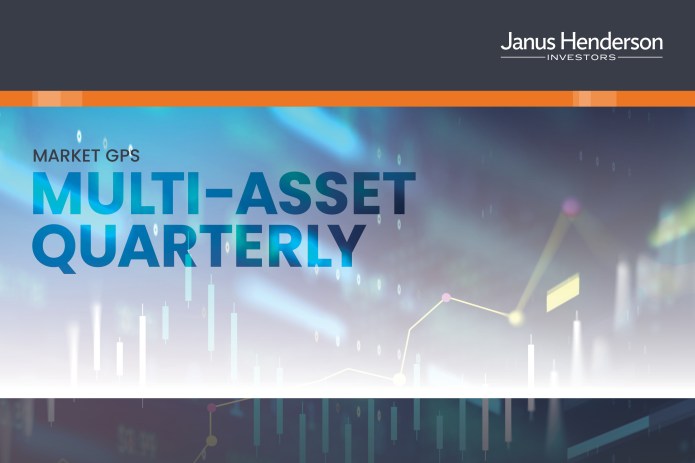Multi-Asset outlook: Q4 2024
What do current market dynamics mean for asset allocation? The Market GPS Multi-Asset Quarterly highlights key drivers and shares the Multi-Asset Team’s dashboard that informs their positioning.

1 minute read
Key takeaways:
- Economic strength, a resilient labor market, and lower interest rates mean the U.S. remains the bulwark of a global soft landing but China may now provide further support.
- While an artificial intelligence (AI) super-cycle might support equity large caps, we believe small and mid-caps have more space to run as interest rates fall and a soft landing supports risk assets generally.
- Economic resilience is a headwind for sovereign bonds but can support weaker borrowers in high yield. Longer maturities might see a drag if it becomes apparent interest rates might not fall as far as markets expect.
The Janus Henderson Multi-Asset Team applies a “partnership and transparency” approach, providing access to differentiated insights, disciplined investments, and world-class service. This quarterly update shares the team’s views on market dynamics as well as the dashboard that informs their positioning across Janus Henderson’s range of multi-asset models and portfolios.
DownloadEquity securities are subject to risks including market risk. Returns will fluctuate in response to issuer, political and economic developments.
Fixed income securities are subject to interest rate, inflation, credit and default risk. As interest rates rise, bond prices usually fall, and vice versa. High-yield bonds, or “junk” bonds, involve a greater risk of default and price volatility.
Smaller capitalization securities may be less stable and more susceptible to adverse developments, and may be more volatile and less liquid than larger capitalization securities.
Sovereign debt securities are subject to the additional risk that, under some political, diplomatic, social or economic circumstances, some developing countries that issue lower quality debt securities may be unable or unwilling to make principal or interest payments as they come due.
These are the views of the author at the time of publication and may differ from the views of other individuals/teams at Janus Henderson Investors. References made to individual securities do not constitute a recommendation to buy, sell or hold any security, investment strategy or market sector, and should not be assumed to be profitable. Janus Henderson Investors, its affiliated advisor, or its employees, may have a position in the securities mentioned.
Past performance does not predict future returns. The value of an investment and the income from it can fall as well as rise and you may not get back the amount originally invested.
The information in this article does not qualify as an investment recommendation.
There is no guarantee that past trends will continue, or forecasts will be realised.
Marketing Communication.

